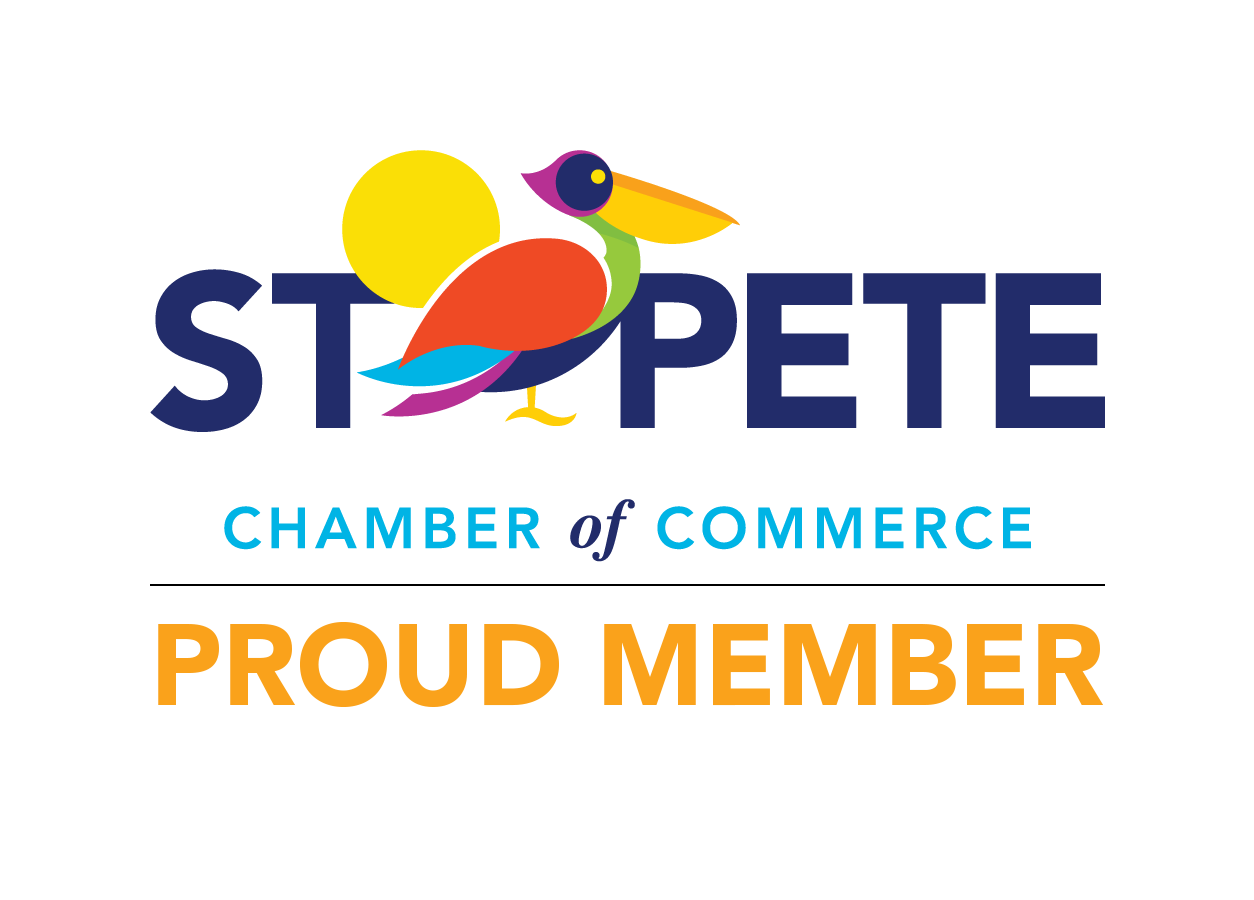
Why is Having Duplicate Content an Issue for SEO?
Search engine optimization is a trusty compass guiding you through the intricacies of online visibility. However, there’s a hidden menace that could thwart your SEO endeavors – duplicate content. Let’s delve into why having duplicate content is more than just a minor hiccup; it’s a formidable foe that can undermine your digital presence.
Duplicate Content in SEO
Unique content creates that sugar rush.
Imagine the internet as an enormous library, and search engines as diligent librarians striving to offer users the most relevant and diverse information. SEO is what helps search engines identify and prioritize content, and at the heart of this is the concept of uniqueness.
The best companies know search engines prioritize unique and original content. They aim to present users with the most valuable and varied information available. When your content is duplicated across multiple pages or websites, it confuses search engines, making it challenging for them to discern the most relevant and authoritative source.
The Struggle for Rank Supremacy
Search engines use complex algorithms to rank pages based on relevance, authority, and user experience. Duplicate content introduces a quandary – which version should be prioritized? As a result, search engines might split the ranking equity between multiple pages, diluting the overall visibility of your content. This can lead to a drop in rankings and reduced organic traffic.
Duplicate Content Domino Effect
Unravel the web of issues.
Duplicate content isn’t a standalone problem; it triggers a cascade of interconnected issues that can erode your online presence.
ISSUE #1
User Frustration
Imagine stumbling upon two identical pages while searching for information. It’s confusing, right? Users experience the same confusion when encountering duplicate content. This frustration can result in a poor user experience, negatively impacting your site’s reputation and increasing bounce rates.
ISSUE #2
Backlink Dilemma
Backlinks are the backbone of SEO, providing a vote of confidence in your content. Duplicate content can splinter your backlink profile across various duplicates, diluting the effectiveness of these valuable endorsements. As a result, your website may struggle to establish the authority needed for higher rankings.
ISSUE #3
Crawl Budget Conundrum
Search engines allocate a limited crawl budget to each website. Duplicate content consumes this budget inefficiently, preventing search engines from discovering and indexing new, valuable content. This can impede the growth and visibility of your website.

Expert Advice: Avoid Duplicate Content
Navigating the path to originality.
Now that we understand the issues caused by duplicate content, how can we steer our SEO away from this treacherous territory?
▼ 1. Implement Canonical Tags
Canonical tags tell search engines which version of a page is the preferred or original one. By specifying the canonical version, you guide search engines in consolidating ranking signals and avoiding confusion.
<link rel="canonical" href="https:///www.example.com/product-category/" />▼ 2. Embrace 301 Redirects
When consolidating pages or moving content, use 301 redirects to seamlessly guide both users and search engines to the preferred page. This ensures that ranking equity is transferred to the right destination.
▼ 3. Be Wary of Syndication
While sharing content across platforms can be a powerful ally, tread carefully in the realm of syndication. Ensure that syndicated content includes canonical tags or follows best practices for avoiding duplication. This way, you harness the benefits of wider visibility without inadvertently diluting the authority of your primary content.
▼ 4. Craft Unique Meta Descriptions & Titles
Each page on your website is unique, and so people should recognize this. Create distinctive meta descriptions and titles for your pages signaling to search engines that every corner of your domain holds distinct and valuable information. This not only aids in SEO but also enhances the user experience, drawing visitors deeper into your website.
▼ 5. Regularly Audit Content
Performing routine content audits helps identify and rectify duplicate content issues. There are multiple ways to pinpoint instances of duplication; tools like Google Search Console, other third-party SEO platforms, and even hiring an expert.
Conquer Duplicate Content & Rise in Search
Duplicate content can confuse search engines and hurt your website’s ranking. But fear not! By creating fresh, engaging content, you’ll satisfy both search engines and your audience. Ready to banish duplicate content and climb the search results ladder?
Need more SEO insights?
Explore our FAQ like a delightful dessert buffet. Click a question for a single bite or savor the entire knowledge base!
▼ Beginner SEO FAQ
How to Learn SEO
What is an SEO Campaign Strategy?
How to Identify Keywords for SEO
What is SEO Copy & How to Write SEO Content?
What is an SEO Title?
What is Meta Tag in SEO?
Why is Having Duplicate Content an Issue for SEO?
What Is On-Page & Off-Page SEO?
Why are Internal Links Important for SEO?
What are Backlinks & Link Building in SEO?


